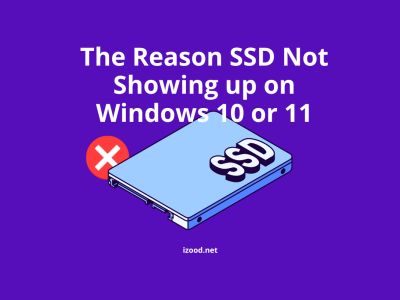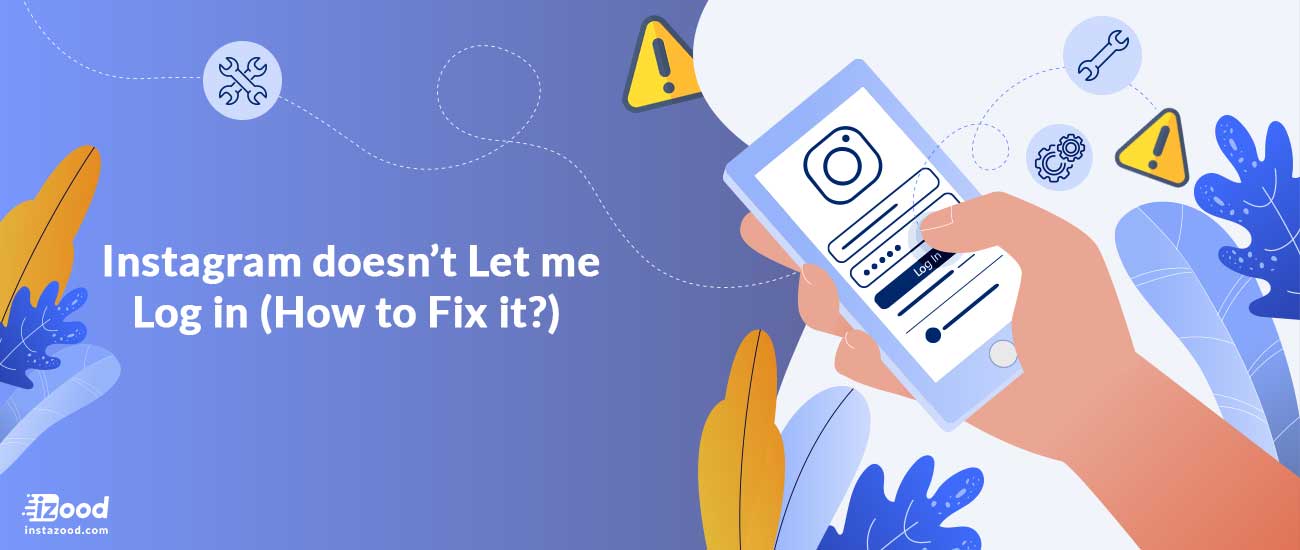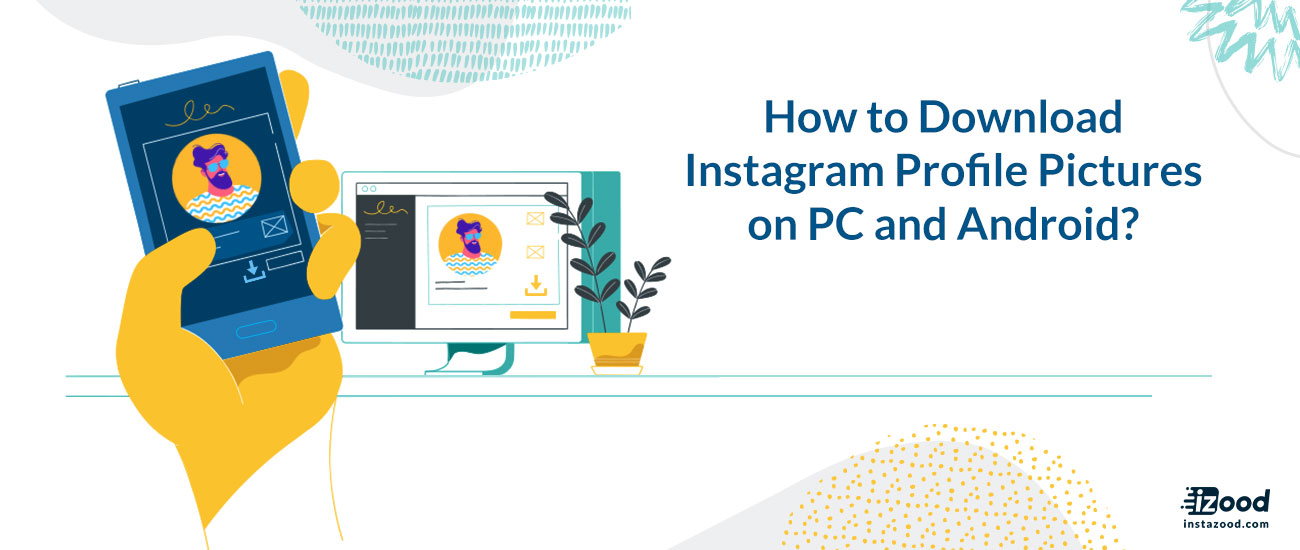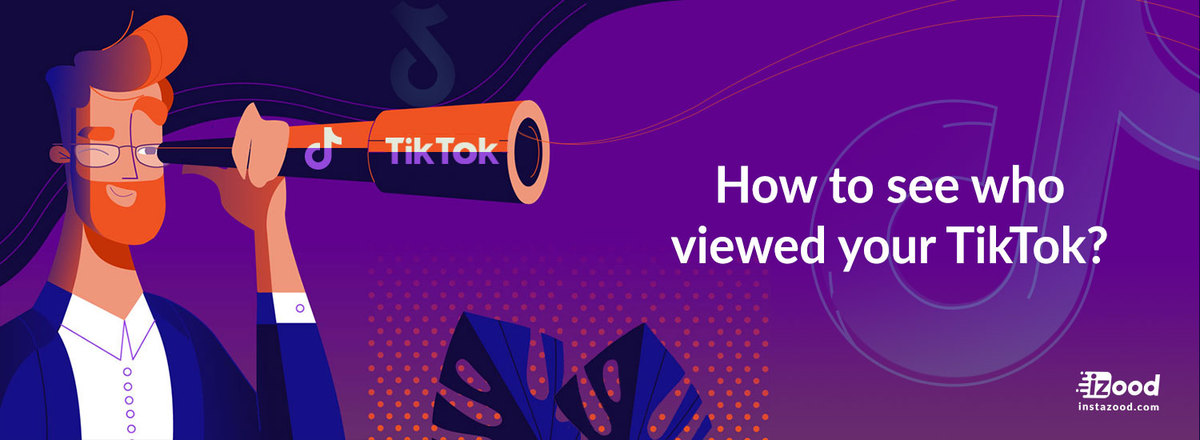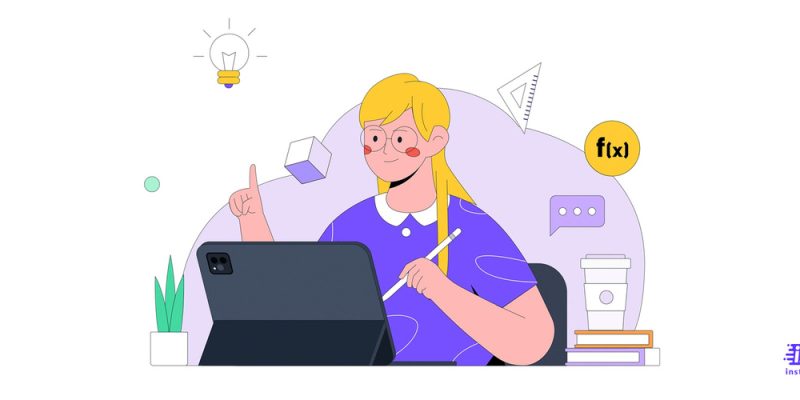
If you’re blogging about education or are a teacher, then this article will be right up your alley! Educational websites are designed to enhance learning and supplement classroom teaching. They can include websites with games, videos, or topic-related resources that act as tools to enhance learning and supplement classroom teaching.
-
EdX
-
Academic Earth
-
Internet Archive
-
Big Think
-
Coursera
-
Brightstorm
-
CosmoLearning
-
Futures Channel
-
Howcast
-
Khan Academy
Why are Educational Websites Important?
There are many reasons why educational websites are important. First, they provide a convenient way for students to access educational resources. Second, they can be used to supplement or replace traditional classroom instruction. Third, they can be used to promote collaboration and communication among students.
You can also read: Top 10 Slack Bots to Optimize Your Workplace Communication
Fourth, they can be used to individualize instruction. Fifth, they can provide a way for students to get feedback on their work. Sixth, they can offer a variety of learning experiences. Seventh, they can be used to assess student learning. Eighth, they can provide a means for educators to share best practices. Ninth, they can promote professional development for educators. And tenth, they can help build capacity for education systems.

Challenges of the Current Educational System
There are many challenges that the current educational system faces. One of the biggest challenges is the increasing cost of education. College tuition and other associated costs have been rising steadily for many years, making it difficult for some students to afford an education.
Another challenge facing the educational system is a lack of funding. Many schools are struggling to maintain their facilities and programs due to cuts in government funding. This can make it difficult for students to get the resources they need to succeed.
The current educational system also faces a number of challenges related to technology. Many classrooms still rely on outdated technology, which can make it difficult for students to stay engaged and motivated. Additionally, the use of social media and other digital tools has created new opportunities for cheating and plagiarism.
Benefits of an Educational Website
An educational website can provide students with a number of benefits. First, an educational website can give students access to a wealth of information that they may not be able to find in a traditional classroom setting.
Second, an educational website can provide a more interactive learning experience than a traditional classroom. Students can interact with content in a way that is more engaging and fun. Additionally, they can learn at their own pace and review material as many times as they need to.
Third, an educational website can be a great resource for parents and guardians who want to be more involved in their child’s education. By having access to the same resources as their child, they can help them with homework or keep up with what they are learning in class.
Fourth, an educational website can be a great way for teachers to supplement their instruction. Teachers can post additional materials for students to use outside of class, or they can use the site to create online quizzes and assignments.
Overall, an educational website can provide many benefits for students, parents, and teachers alike. With so many advantages, it is no wonder that these types of sites are becoming increasingly popular
1. EdX
EdX is an online learning destination and MOOC provider, offering high-quality courses from the world’s best universities and institutions to learners everywhere. Out of the 90 universities, it includes top global rankers. Offering over 700 online courses, all freely available with no registration costs, EdX offers everything from college classes in math, literature, history and computer science, to professional development training in data science or software development.
Pros:
- Quality courses from renowned universities
- Free and open-source learning platform
- Self-paced learning
- Efficient customer support
- User-friendly interface
Cons:
- The course selection is relatively limited compared to other online learning platforms
- Some courses may require a paid subscription
- Not all courses are available in all countries
2. Academic Earth
Academic Earth offers a wide range of online academic options, including degree courses in subjects like accounting and economics, engineering, and more. They also offer material on niche subjects like behavioral psychology. They work with universities such as Oxford, MIT, and many more to provide students with top-quality courses that will prepare them for their future careers.
Pros:
- Huge range of academic options
- Online degree courses from renowned colleges
- Carries material on niche subjects
- Affordable
- Easy-to-use interface
Cons:
- Not all colleges are represented
- Some degree courses may not be available online
- May be overwhelming for some students
3. Internet Archive
Whether you are a student, teacher, or just curious, the Internet Archive is the best place to find online teaching materials. The archives contain recordings of courses and lectures from various universities and colleges around the world. With over 150 million in-copyright books in its collections, it’s also the largest library of free physical text available anywhere.
Pros:
- Can be used by anyone, anywhere
- No need for registration
- Save original copies of websites
- Open source
Cons:
- Does not offer certificates or admission to learning
- Can be overwhelming with the amount of information available
- Not all information is reliable
4. Big Think
Big Think is a website dedicated to education. It provides free articles and tutorials from experts who have achieved great fame in their field. These experts are available for students, either through live chat or phone. The content of the website is further refined by the editorial team, giving students authentic material to use in their studies.
Pros:
- Access to experts in various fields
- Content is authentic and refined
- Helps students form their own ideology
- Very informative
- website is user-friendly
Cons:
- Some content is behind a paywall
- Not all topics are covered
- Videos can be repetitive
5. Coursera
Coursera is the world’s largest online learning platform with over 27 million registered users and more than 1,000 courses. Coursera offers undergraduate and graduate-level courses from a number of the world’s best universities, including Stanford University, Caltech, and Yale University.
Pros:
- Very user-friendly
- Offers a lot of courses
- Students can find big universities
- Certificates are sharable
- Offers recorded video lectures
Cons:
- No face-to-face interaction with the professor or other students
- Some people may feel overwhelmed by the number of courses offered on the website
- The website may be glitchy sometimes
6. Brightstorm
Brightstorm provides high school scholars with a website for them to use as a reference, rather than an interactive website. It is not easy for students to comprehend intricate technical terminologies, so the website is making textbooks easier for students. They provide help in all subjects from mathematics to science, history, and other subjects.
Pros:
- Free to Use
- No ads
- Mobile app available
- Easy to navigate
- Subjects are well organized
Cons:
- Some content is locked behind a paywall
- Not as many video lessons as some other sites
- No live tutoring
7. CosmoLearning
CosmoLearning is an online education portal that provides academic as well as skill-based learning to students. Unlike other websites, it has 58 courses in various disciplines, which are divided into two sections, including extra-curricular courses and educational material. The portal also provides students with the option for enrolling themselves in any of the courses or reading the educational material.
Pros:
- Academic as well as skill-based learning
- 58 courses available
- Educational material, courses, and documentaries all in one place
- Subjects are divided into extra-curricular and academic sections
- Available in English and Spanish
Cons:
- No mobile app is available
- Some of the courses are not free
- Some of the educational material is only available in Spanish
8. Futures Channel
Futures Channel is an online educational portal created by a team of engineers. This channel is not just a simple website with some videos but offers courses and tutorials for university students. The content represented on the website is designed to solve everyday problems faced by students all over the world. They also have specific sections for algebra and physics, two of the most common topics that students need help in.
Pros:
- The content is properly organized and easy to follow
- The videos are short and to the point
- You can learn at your own pace
- The channel is free to use
- It covers a wide range of topics
Cons:
- Some topics are not covered in depth
- There are no practice exercises included
- You need a strong internet connection to stream the videos
9. Howcast
Howcast is a video portal that offers step-by-step tutorials for all kinds of everyday skills on subjects like cooking, sewing, technology, and more. When you need to know how to do anything from how to poke your eye out with a spoon to how to make the perfect dish using only herbs and spices, Howcast has you covered.
Pros:
- A one-stop website for all the subjects
- Many arenas
- Easy to use
- Free
- Available in many languages
Cons:
- The quality of the content may vary
- Some of the content may be outdated
- It may not have all the information you need
10. Khan Academy
Khan Academy is an online coaching website that provides lessons, tutorials, and exercises for students. The lessons are personalized to each student’s needs and are created by highly qualified professionals. Traditional school subjects such as math, science, computer programming, history, art history, economics, and more are listed on the website.
Pros:
- Free of cost
- Personalized learning
- Available for all school subjects
- Progress report available
- Liberty to learn at one’s pace
Cons:
- May not be as effective as personal coaching
- May not be updated with the latest curriculum information
- May not be able to cater to special needs students
Different types of education websites
Different types of education websites offer different features to meet the needs of students, teachers, and parents. Some common features include online learning tools, video lessons, and quizzes. Here are some different types of education websites:
- Online learning tools: These websites offer interactive learning experiences for students. They often include games, simulations, and other activities that help students learn.
- Video lessons: These websites offer video lessons on a variety of topics. Students can watch the videos at their own pace and review them as needed.
- Quizzes: These websites offer quizzes and other assessments that help students learn and retain information.
How to find the best education website for your needs
When it comes to finding the best education website for your needs, there are a few things you should keep in mind. First, consider what type of education website you are looking for. Are you looking for a website that offers online courses, or one that provides information on schools and programs?
Next, think about what you need from an education website. Do you need help with homework or research? Are you looking for information on financial aid or scholarships? Consider what features and resources are most important to you.
Finally, take some time to browse different education websites and see which ones offer the best fit for your needs. Read reviews and compare features to find the best site for your specific needs. With a little bit of research, you can find the perfect education website for your needs.
The Future of Education is Online
The internet has drastically changed the way we live and work. It has also revolutionized education. In the past, if you wanted to get a degree, you had to physically go to a university and sit in a classroom. But now, with the advent of online education, you can get a degree from the comfort of your own home.
There are many advantages to getting an education online. For one, it’s more convenient and flexible than traditional education. You can study at your own pace and on your own schedule. And there are no geographical restrictions – you can take courses from anywhere in the world.
Another advantage of online education is that it’s often more affordable than traditional education. Because there are no physical buildings or facilities to maintain, online schools can pass these savings on to students in the form of lower tuition rates. And because you can study from anywhere, you don’t have to incur the costs of relocating or commuting to campus.
Finally, online education is becoming more and more respected by employers. In the past, employers may have been hesitant to hire someone who got their degree online. But now that online education has become more mainstream, employers are starting to see the value in hiring candidates with an online degree.
Conclusion
There are a lot of reasons to be excited about educational websites. They have the potential to revolutionize the way we learn, making it more interactive and engaging. They also have the potential to reach a wider audience, including people who might not otherwise have access to education. And, best of all, they’re free!
Whether or not educational websites will actually live up to their promise remains to be seen. But if they do, they could change the landscape of education forever.

